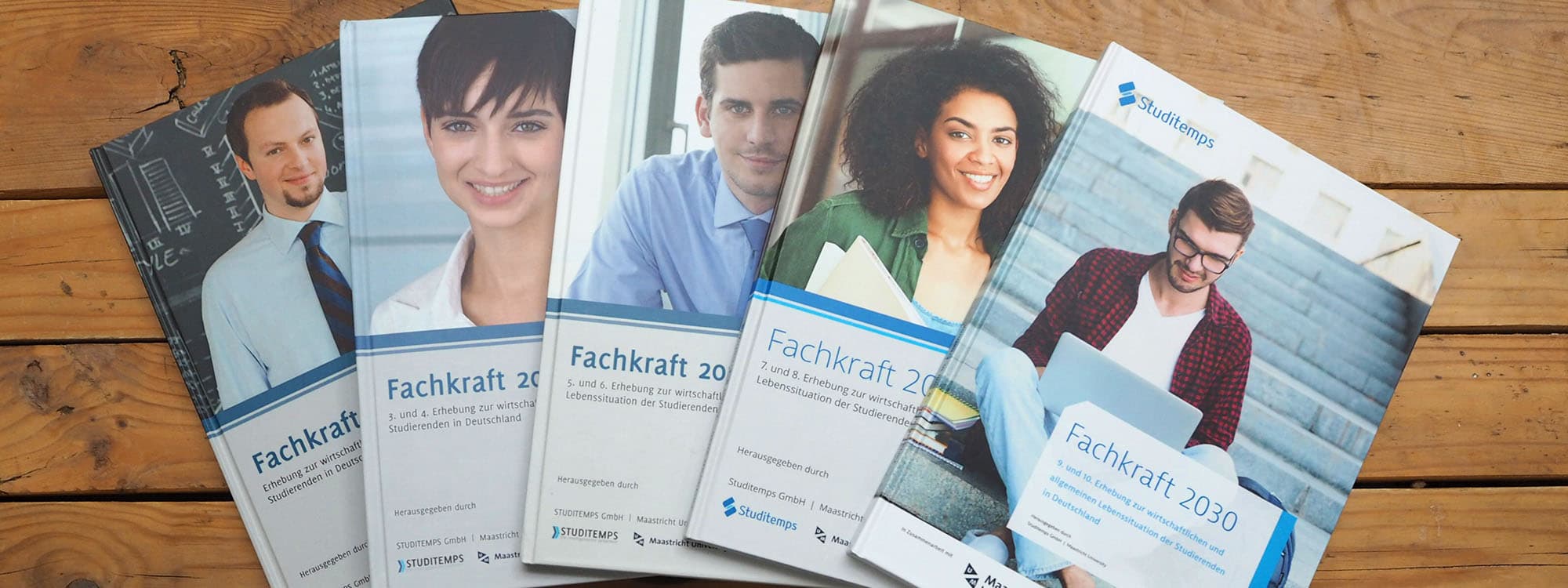The first Fachkraft 2030 study marked the launch of a comprehensive comparative analysis which has been published every year since. The title ‘Fachkraft 2030’ – loosely translated into English as, ‘The state of the professional workforce by 2030’ – assesses the educational landscape in Germany, which is currently undergoing a major shift.
One of the key factors in this shift is the almost complete transition to bachelor's and master’s degrees (Bologna process). Along with the international comparability of these academic degrees, federal policy is focused on allowing young professionals to enter the labour market earlier in their careers. However, this goes hand in hand with a substantial change to the academic framework. For instance, the number of students in Germany has risen from 2 million in 2008 to around 2.8 million at present – largely as a result of the short-term effects of reduced teaching hours (G8 reform) and the suspension of compulsory military service.
Furthermore, the study intends to broaden the discussion on Germany's lack of skilled workers to include the perspective of students. Three demographics are the key focus when it comes to identifying ways to put an end to the shortage of skilled workers: Women, migrants and the elderly. The primary aim in this regard is to reduce the barriers to (re-)entering the labour market for these groups and to get them to work in sectors affected by the lack of skilled workers. Initiatives aimed at building loyalty to certain industries and companies among students early in their careers have been largely overlooked to date despite students constituting the future skilled workforce. The Fachkraft 2030 study series aims to eliminate this blind spot, which all too often falls by the wayside in the realm of politics and business.
The challenges and issues universities, students, politics and the economy will face in this context are yet to be fully grasped. Accordingly, Fachkraft 2030 primarily aims to increase scientific knowledge on the life and working situation, job prospects and career options available to students with analyses updated each semester.
At the start of 2015, Constata was appointed to conduct and analyse the Fachkraft 2030 studies. The survey on the student job network operated by jobvalley, Jobmensa, and the academic cooperation with the Department of Labour Economics at Maastricht University were not affected as a result.
Detailed descriptions can be found in the published complete versions of the study.
Please contact presse@jobvalley.com if you have any press inquiries. Academic inquiries can be sent to fachkraft-sbe@maastrichtuniversity.nl or anfrage@constata.de.


